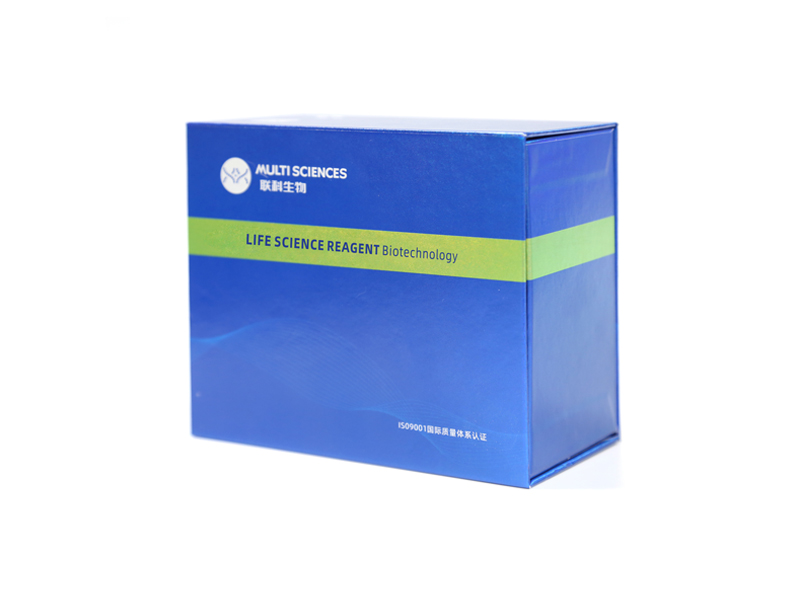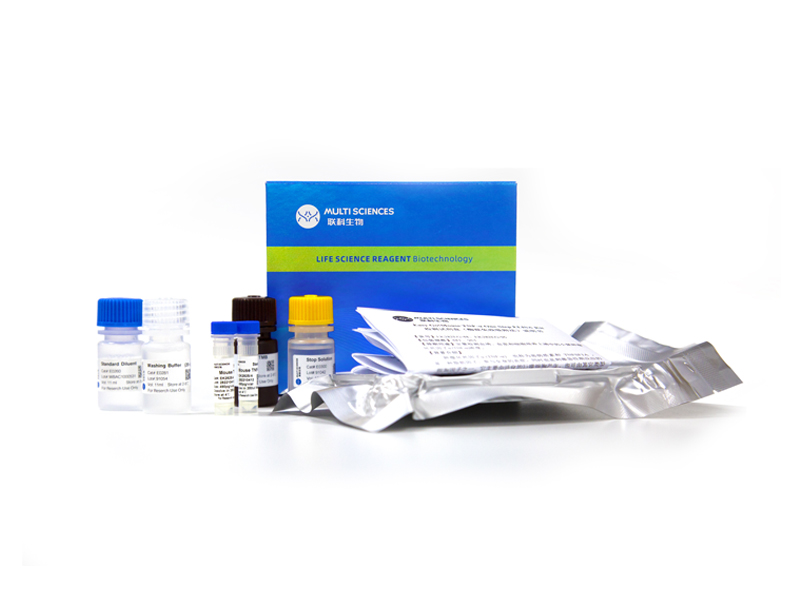Pseudomonas aeruginosa is an opportunistic pathogen that causes acute and chronic infections in immunocompromised individuals. Small regulatory RNAs (sRNAs) regulate multiple bacterial adaptations to environmental changes, especially virulence. Our previous study showed that sRNA PrrH negatively regulates the expression of a number of virulence factors, such as pyocyanin, rhamnolipid, biofilm, and elastase in the P. aeruginosa strain PAO1. However, previous studies have shown that the prrH-deficient mutant attenuates virulence in an acute murine lung infection model. All ΔprrH-infected mice survived the entire 28-day course of the experiment, whereas all mice inoculated with the wild-type or the complemented mutant succumbed to lung infection within 4 days of injection, but the specific mechanism is unclear. Herein, we explored how PrrH mediates severe lung injury by regulating the expression of virulence factors. In vivo mouse and in vitro cellular assays demonstrated that PrrH enhanced the pathogenicity of PAO1, causing severe lung injury. Mechanistically, PrrH binds to the coding sequence region of the mRNA of exsA, which encodes the type III secretion system master regulatory protein. We further demonstrated that PrrH mediates a severe inflammatory response and exacerbates the apoptosis of A549 cells. Overall, our results revealed that PrrH positively regulates ExsA, enhances the pathogenicity of P. aeruginosa, and causes severe lung injury.
文章引用产品列表
-
- EK282EG
- 一步法ELISA试剂盒
EasyGo!™ Mouse TNF-α One-Step ELISA Kit 检测试剂盒(酶联免疫吸附法)
- ¥2,190.00 – ¥3,650.00
-
- EK282
- ELISA试剂盒
Mouse TNF-a ELISA Kit检测试剂盒(酶联免疫吸附法)
- ¥1,600.00 – ¥10,800.00
-
- EK282HS
- 高敏试剂盒
Mouse TNF-α High Sensitivity ELISA Kit检测试剂盒(酶联免疫吸附法)
- ¥2,000.00 – ¥3,400.00
-
- EK206
- ELISA试剂盒
Mouse IL-6 ELISA Kit检测试剂盒(酶联免疫吸附法)
- ¥1,600.00 – ¥10,800.00
-
- EK206HS
- 高敏试剂盒
Mouse IL-6 High Sensitivity ELISA Kit检测试剂盒(酶联免疫吸附法)
- ¥2,000.00 – ¥3,400.00





